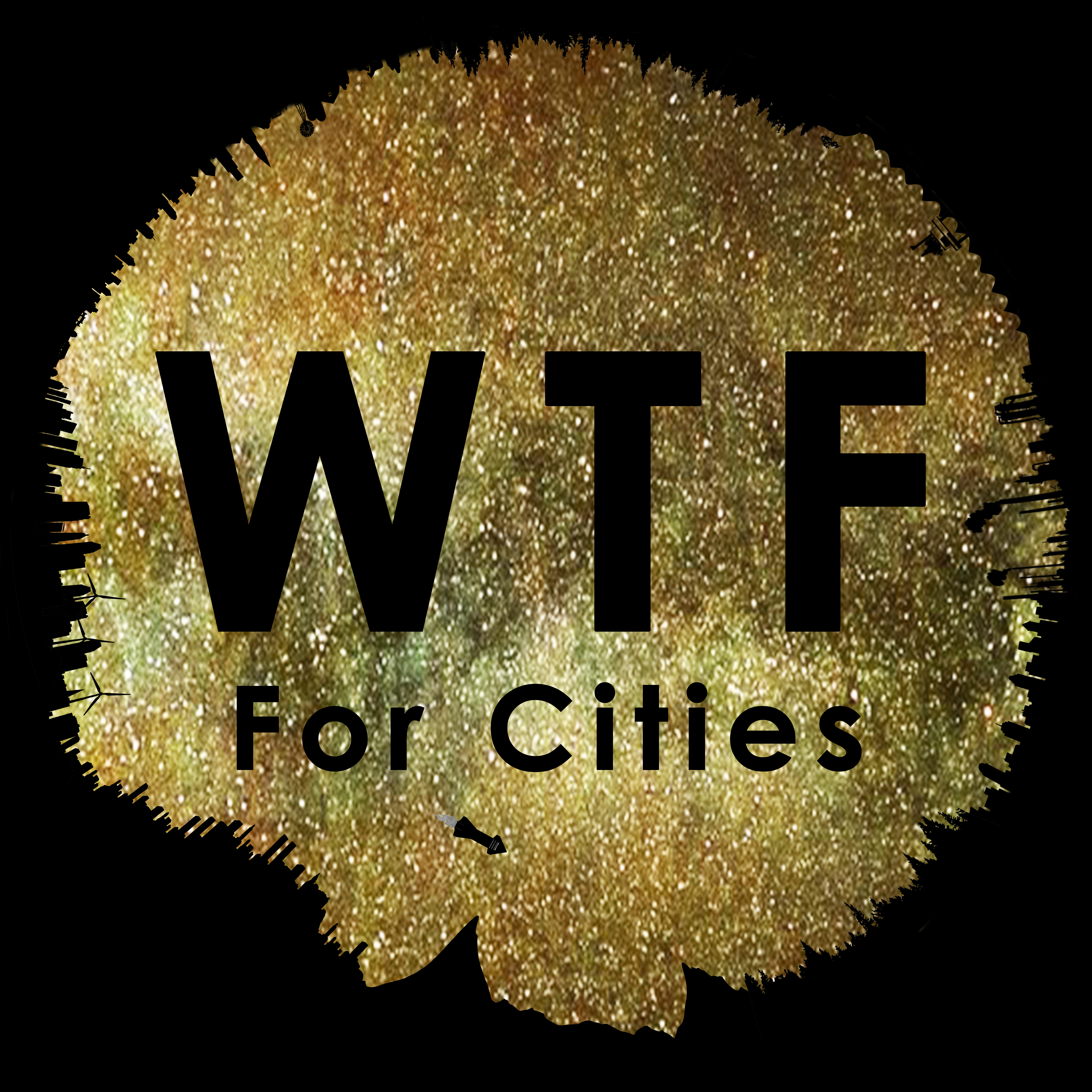Listen to the episode:
Find the shownotes through this link.
Are you interested in why smart city initiatives fail sustainability?
Our summary today works with the article titled Smart city beyond efficiency: Technology-policy-community at play for sustainable urban futures from 2020 by Tan Yigitcanlar, published in the Housing Policy Debate journal. Since we are investigating the future of cities, I thought it would be interesting to see what smart city initiatives overlook regarding sustainability. This article highlights the shortfalls around smart city conceptualisation and practice, and directs to a better approach.
[intro music]
Welcome to today’s What is The Future For Cities podcast and its Research episode; my name is Fanni, and today I will introduce a research paper by summarising it. The episode really is just a short summary of the original paper, and, in case it is interesting enough, I would encourage everyone to check out the whole paper. Stay tuned until because I will give you the 3 most important things and some questions which would be interesting to discuss.
[music]
Humanity today is going through an extremely challenging period due to climate crises, biodiversity collapse, natural disasters, pandemics, just to name a few. On the one hand whereas some groups are in denial, some activists have started to demand that policy-makers listen the scientists and have initiated large protests against inaction. On the other hand, whereas some organisations and government developed initiatives to mitigate the catastrophic threats, some companies saw these threats disguised as lucrative business opportunities to create new avenues.
In the early 2000s, a technocentric approach to urban development was established under the banner of the smart city movement. About two decades of smart city practice has revealed that rather than providing comprehensive and sustainable solutions to the problems of our cities and societies, the movement so far has mainly generated growth in the business portfolios of major technology, construction, and consultancy companies. Moreover, technology exploitation in smart cities has resulted in unintended negative externalities, like privacy issues. Many scholars have criticised smart cities for various reasons, which led to a search for a comprehensive conceptualisation of the smart city notion.
Yigitcanlar created a smart city conceptualisation what utilises smart city drivers, like technology, policy, community, and the input-process-output-impact model. In this conceptual framework, the input is the city and its assets. Using this asset base, the process involving technology, policy and community, produces strategies, action plans and initiatives. This generates the output for economy, society, environment and governance domains of the city. When the output is aligned with knowledge-based and sustainable urban development goals, principles, and practices, this creates the desired impact and subsequently brings a smart city to life. In this understanding, the smart city is an urban locality functioning as a robust system of systems with sustainable practices, supported by community, technology and policy, to generate desired outcomes and futures for all humans and non-humans.
Despite many cities around the globe jumping on the smart city bandwagon, the popular smart city movement has repeatedly failed to produce cities or urban development blueprints with offerings beyond limited service efficiency improvements. The new conceptualisations advocate the need for a balanced and organic connection among the key smart city drivers of technology, policy and community. While promising conceptual developments are occurring in the smart city domain, today’s advancing smart technologies create new versions of the technologically advanced city, like the artificially intelligent city is a city brand that could supplant the smart city notion.
Whether the smart city brand prevails or is replaced by another, the critical issue here is to go beyond the high-priced, biased and relatively ineffective technology investments. The goal should be achieving sustainable developments, and moving toward holistic solutions by bringing together technology capabilities, good policy, and community support in building the cities of tomorrow and securing smart urban future for all. At this point the biggest challenge is finding new ways to change the mentality and politics on how to best put technology-policy-community as interconnected and balanced drivers into play to create sustainable urban futures for all – including humans and non-humans. One of the major roadblocks is the local and national politics that is short-termist, populist and corporate influenced. It is critical to find ways to convince authorities and the general public before it is too late of the urban need for a change in urban politics.
[music]
What was the most interesting part for you? What questions did arise for you? Do you have any follow up question? Let me know on Twitter at WTF4Cities or on the wtf4cities.com website where the transcripts and show notes are available! Additionally, I will highly appreciate if you consider subscribing to the podcast or on the website. I hope this was an interesting paper for you as well, and thanks for tuning in!
[music]
Finally, as the most important things, I would like to highlight 3 aspects:
- About two decades of smart city practice has revealed that rather than providing comprehensive and sustainable solutions to the problems of our cities and societies, the movement so far has mainly generated growth in the business portfolios of major technology, construction, and consultancy companies.
- The goal should be achieving sustainable developments, and moving toward holistic solutions by bringing together technology capabilities, good policy, and community support in building the cities of tomorrow and securing smart urban future for all.
- It is critical to find ways to convince authorities and the general public before it is too late of the urban need for a change in urban politics.
Additionally, it would be great to talk about the following questions:
- How are you learning from the urban challenges in your city and community?
- What kind of change does your city need for better urban future?
- How can you make yourself be heard about these challenges?
[outro music]


Leave a comment